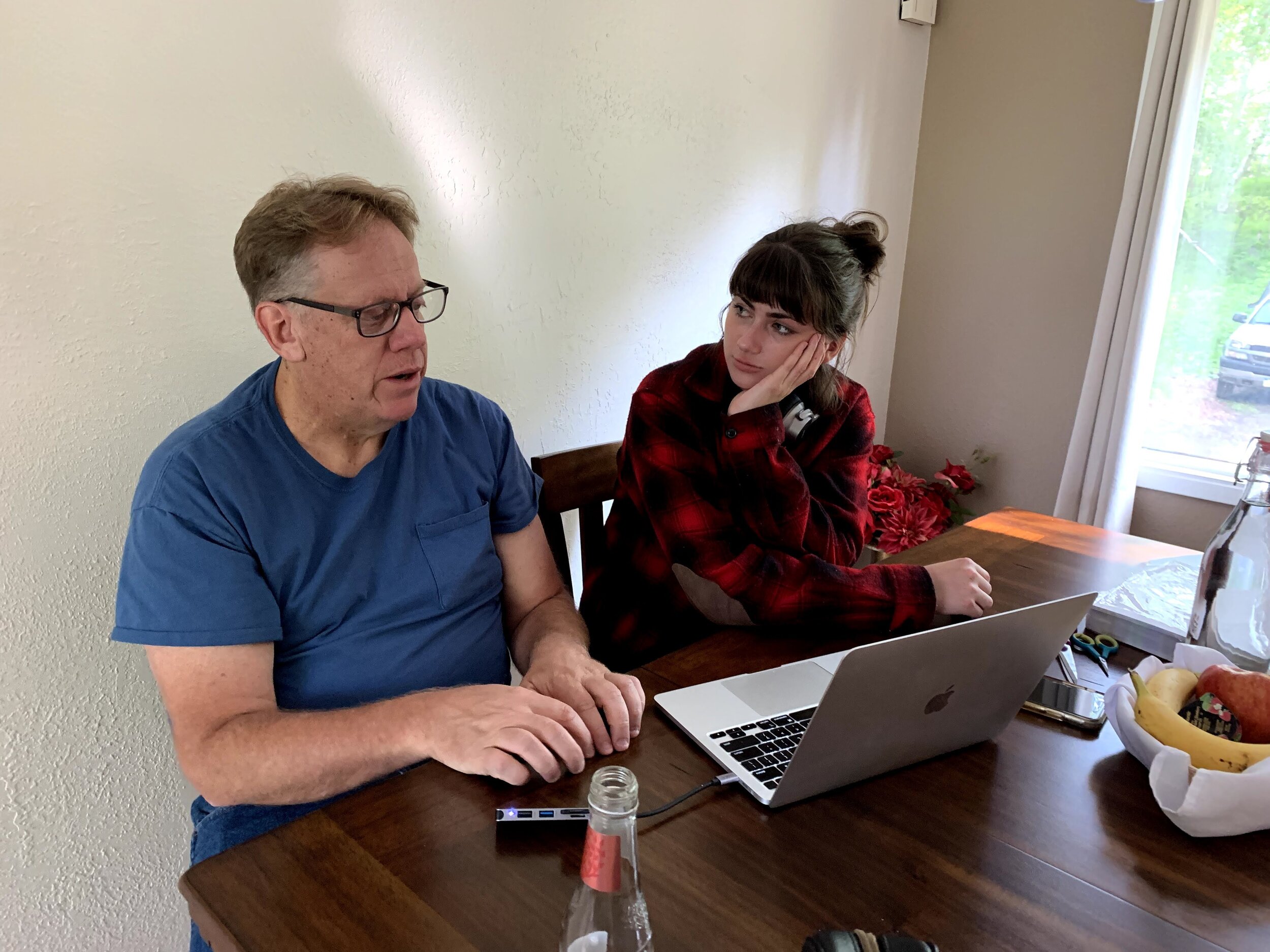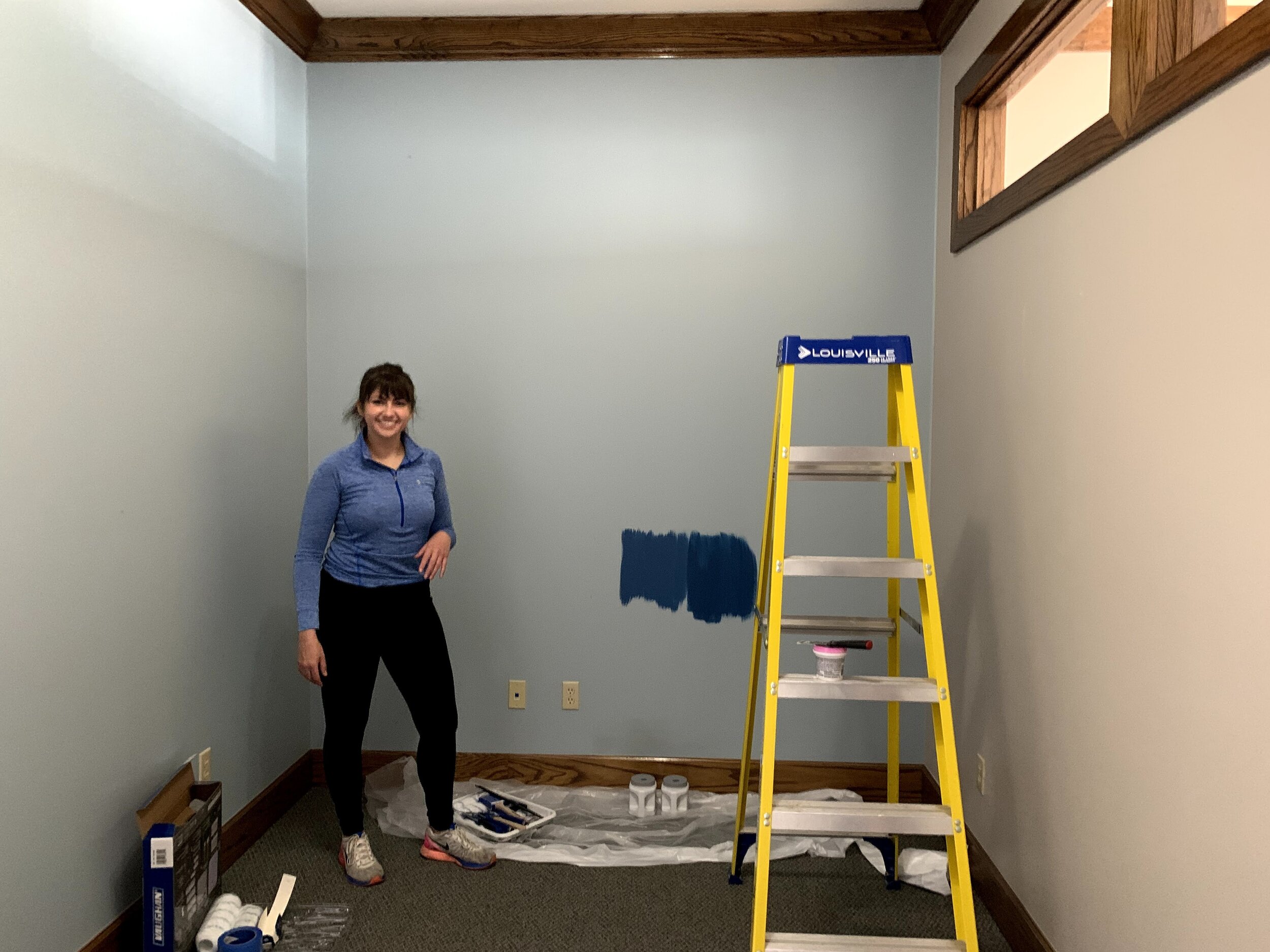What an exciting time to be an entrepreneur! As we look forward to a new year, it might be tempting to dwell on past difficulties that slowed our progress. Or to focus on the challenges we already know may face in the coming year. Or we could focus on the fact that 2023 is and will be a time of great opportunity.
Scaling your Company by Investing in your People
As a leader, I can confidently say that there is nothing more rewarding than seeing your employees thrive and grow in their roles. Too often the business world pushes the narrative that creating a unique and valuable employee experience is a cursory concern that only large companies have the resources or time to attend to. However, here at PFD, we are big believers in the idea that the culture and environment you create for your employees should be a central part of your business strategy.
After all, companies grow due to the actions and commitment of those who work there. If you are not taking the time to create an environment in which every employee can succeed, then you are actually hurting your business. To create a company in which every employee is set up for success, we recommend that you take time to invest in three areas of your employee’s life:
Ensuring cultural fit: While it is important that your employees be diverse in talent and experience, it is also equally important that each of your employees share a set of workplace values. This means that there is an understanding of what behaviors are expected and that each employee lives by that. What is crucial as a leader is to ensure that you communicate clearly what those values are on a daily basis. This can minimize conflict and create comfort by increasing clarity of expectations.
Providing opportunities for growth: Your employees want your workplace to be a space where they can grow and reach their full potential. To ensure they are able to do this, you should be providing them with timely coaching and resources for learning. For example, at PFD, I make sure to build mentoring relationships with my employees to ensure that they have the support they need to accomplish all their goals.
Environment: Your physical environment is something that can either add to or detract from the mental wellness of your employees. If your physical environment is sterile and dull, it may be difficult for your employees to focus. On the other hand, if there is natural light and greenery in your workplace, your employees may feel more connected to one another and motivated. You don’t need to have a Google-esque office environment, but it should be clean, comfortable, and welcoming.
If you’d like to learn more about each of these three steps and how to fully make mentoring and employee experience a part of your business strategy, I highly recommend that you look into ordering our book The Mentorship Engine when it is released this November. The Mentorship Engine will walk you through a repeatable framework with which you can craft a compelling vision for your company and then source and retain the talent you need to fulfill that vision. If you are at all interested in the idea of growing your people while also growing your company, this will be the book for you. Keep an eye out in the coming weeks for a pre-order link.
3 Reasons Why Accountability is a Game Changer in Building a Healthy Culture
We can all agree that accountability is an important factor in business.
Although most of us can agree with this statement, it is easy to deem the subject of accountability as something you will tackle when you have more time. Creating a culture of accountability does take work and commitment, but if done correctly, will provide endless benefits to your company and your people. At PFD, we want to help you succeed and would like to share how accountability is linked to a thriving business and workplace environment.
you attract “A” Players
Many leaders may find it hard to hold their peers accountable for fear that it will upset them. While it may feel like you are being someone’s friend by not holding them accountable, this is only harming the individual and the organization at a larger level. Not holding people accountable insinuates that you do not have any expectations for them. “A” Players want to have clear expectations, to be challenged, and to be held accountable.
Keep in mind that “A” Players crave a culture of accountability, while “B” & “C” Players are often repelled by it because it does not give them a platform to underperform while going unnoticed. Overtime, accountability can become a flywheel for attracting “A” Players and repelling the “B” & “C” Players.
This is one of the single most important things you can do for your business because a great business can only be built with great people.
Your processes are more effective
A business could have some of the best processes out there, but if they do not have a key person accountable for each function, their processes become irrelevant. If a new process is introduced without clear roles of accountability, it becomes hard for the employees to know where they should focus their efforts. Not only do processes need to have people responsible for the various functions, but they also need to hold these people accountable. Once this is done, employees know their roles and responsibilities and can better focus their efforts to meet the expectations provided for them.
more freedom for everyone in the company, including you!
When done right, accountability will create more time for you, your leadership team, and all employees. When a culture of accountability is established, less time is spent micromanaging. This gives the management team more freedom to work on their tasks, and the lower level employees more freedom to complete their tasks in the most efficient way possible. As a result of this, the leadership team will spend less time worrying if deliverables have been completed and have more freedom to work on strategy and the vision for the company.
Accountability starts with you.
Leaders set examples for their peers. In order to create a positive culture of accountability, you need to hold yourself and your peers accountable first. Overtime, this will create a ripple effect. A culture of accountability will emerge, holding a place for A players to thrive and contribute to the success of your company.
At PFD, we cannot stress the importance of accountability enough. We highly recommend Metronome Growth Systems to help drive accountability, transparency, behavior, and alignment in your company. For extra clarity on functions within your business, we recommend taking your team through the Function Accountability Chart.
Remember accountability starts with you. Although it is important, it does not mean it is easy. Great things take work! We love helping companies build cultures where all employees are thriving; Accountability is one factor among many others that can help to create a healthy culture where both employees and the company thrive.






























